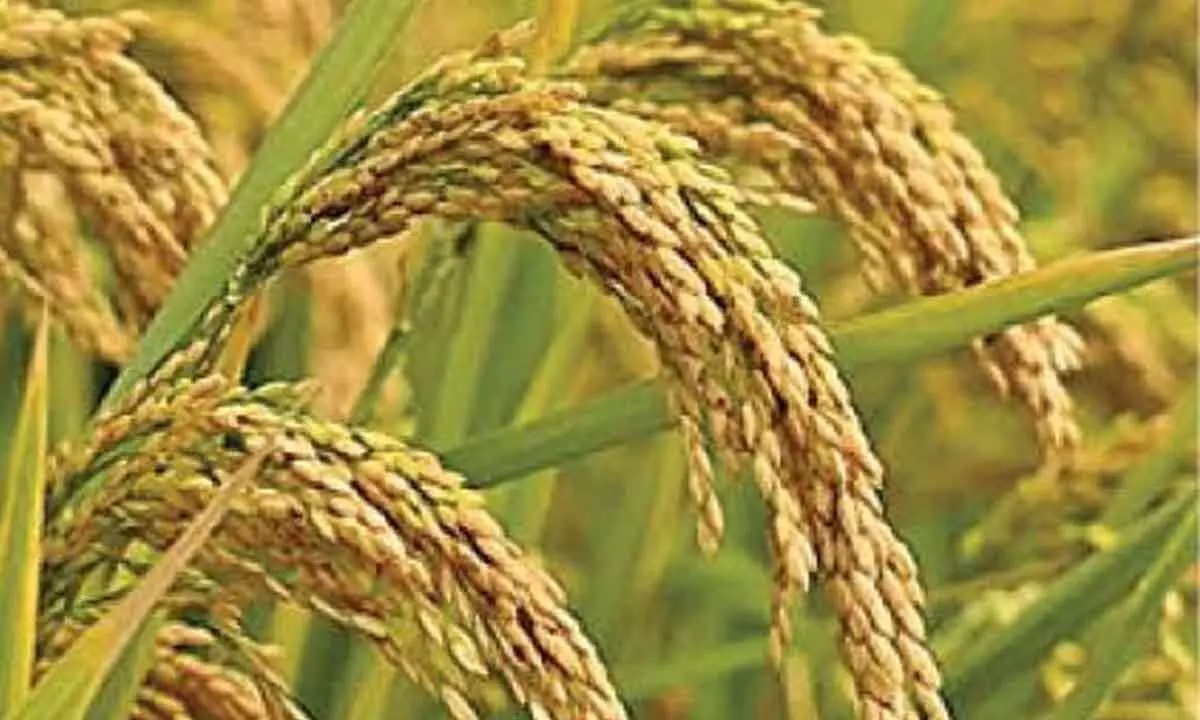12,000 varieties of traditional paddy crop vanish from undivided Koraput district

Koraput: Hybrid paddy has replaced more than 12,000 varieties of paddy crop in undivided Koraput district. During the period of Jeypore kingdom, there were more than 12,000 varieties of paddy crop in undivided Koraput district. As years passed by, the country crops were replaced by hybrid crops.
Koraput, which was once called the rice bowl of Odisha, has lost maximum variety of paddy crops. In 1999, when a self-help group took the initiative to preserve country crop seed, they found 70 types of traditional paddy seeds in the area.
When the same group conducted a research on country crop in 2013, they found only 40 varieties of country paddy in the same area. The bitter fact is that now farmers of the district do not show much interest in traditional paddy crops.
Traditional paddy crops were replaced by government-provided paddy seeds and seeds purchased from other States which can give more profit to the farmers as they need less water and less time to become saleable. Shortage of rain and sometimes heavy rain always became an obstacle in farming of paddy. Traditional seeds thus lost their demand and seeds which can withstand natural disasters sustained in the farmers’ market.
The taste of hybrid paddy may not be as good as the traditional paddy but these hybrids are the only hope for the farmers because of change in climate. Traditional variety of paddies like Mahulkanchi , Sugandhi , Deulbhog , Machakantaa , Jeraa , Kablikantaa , Kaliaa , Kusuma , Jubaraj , Surisha Phula Gurumachi , Sunapasi and Tikaahaladi have almost vanished from the market.
Some farmers of Kashipur block of Rayagada and also Kalahandi still preserve traditional seeds and harvest them. Dr Debol Dey from Kolkata has established an agro research centre at Karandiguda in Bissamcuttack block and started to preserve the traditional paddy.
Till now, he has collected 1,460 varieties of traditional paddy from nearby areas. As per the report of district administration, in 2020, about 55,113 hectares land were used for farming paddy crop in Rayagada district. This year, it has been reduced to 20,000 hectares.
The government has tried to protect traditional seeds of paddy and recommend these to farmers but somehow hybrid paddy always got the upper hand over the traditional paddy seed. Now in Rayagada, paddy panicle decorate the farm but a layman cannot know whether it is traditional or hybrid paddy.














